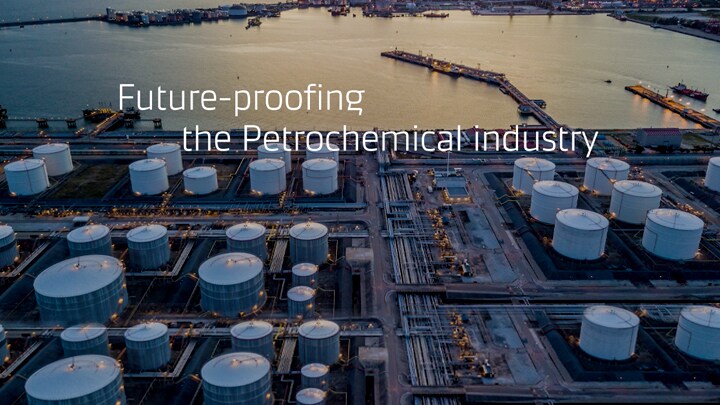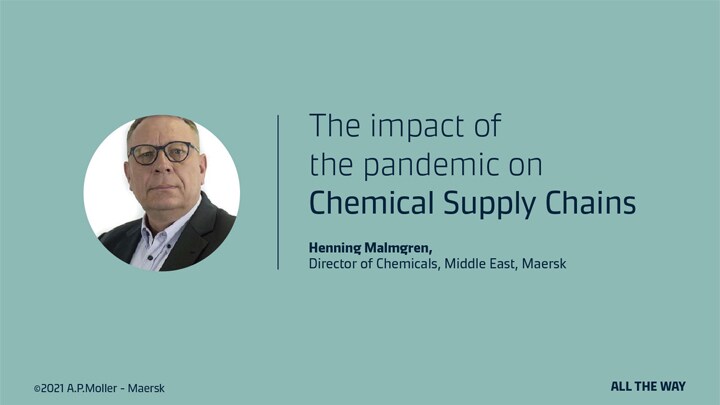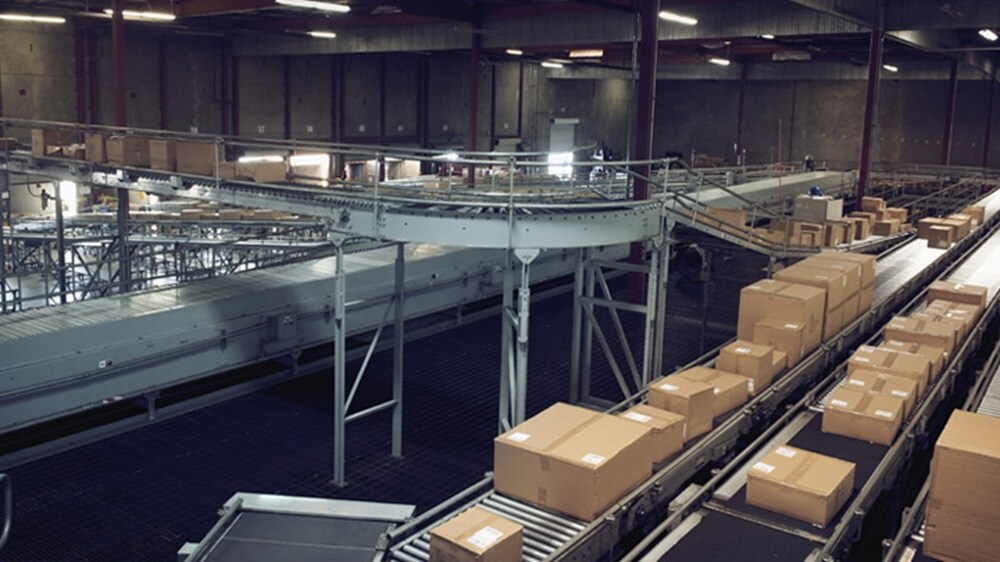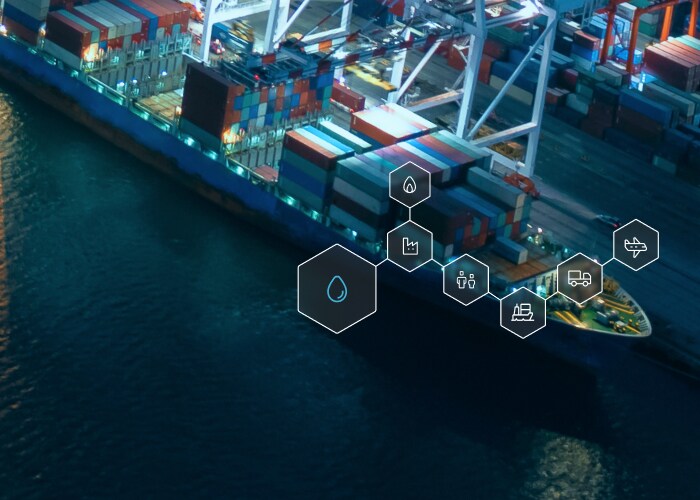
Diseña tu logística química para un rendimiento constante
Elige la logística integral para transportar la carga química de forma flexible, resiliente y segura.
Procurement’s impact on chemical GHG emissions
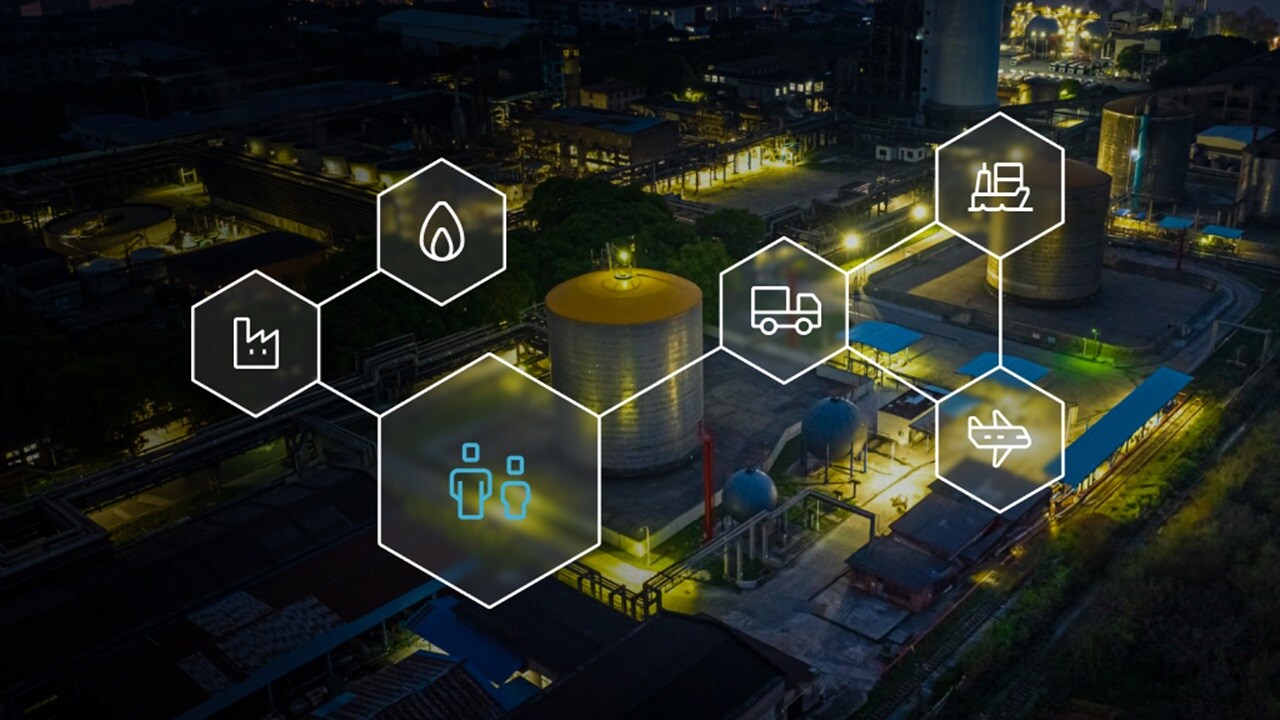
Forging alliances to combat GHG emissions together
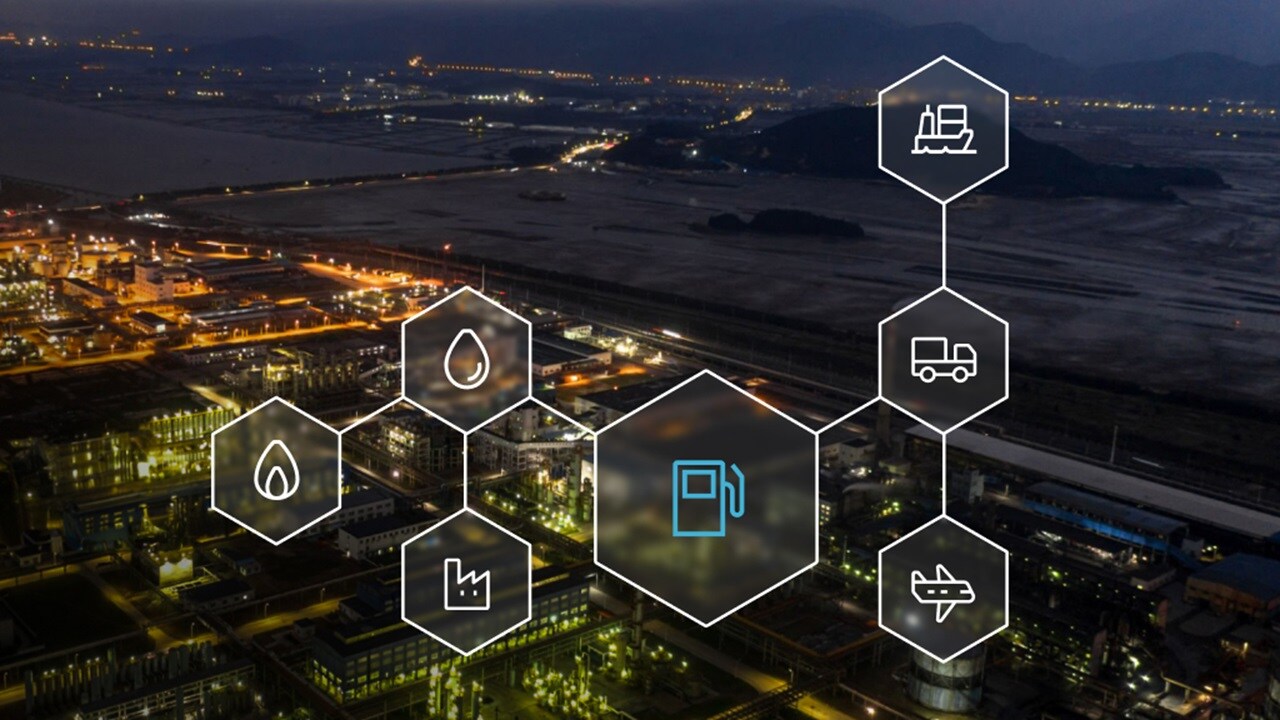
Reduce your greenhouse gas emissions impact with logistics solutions
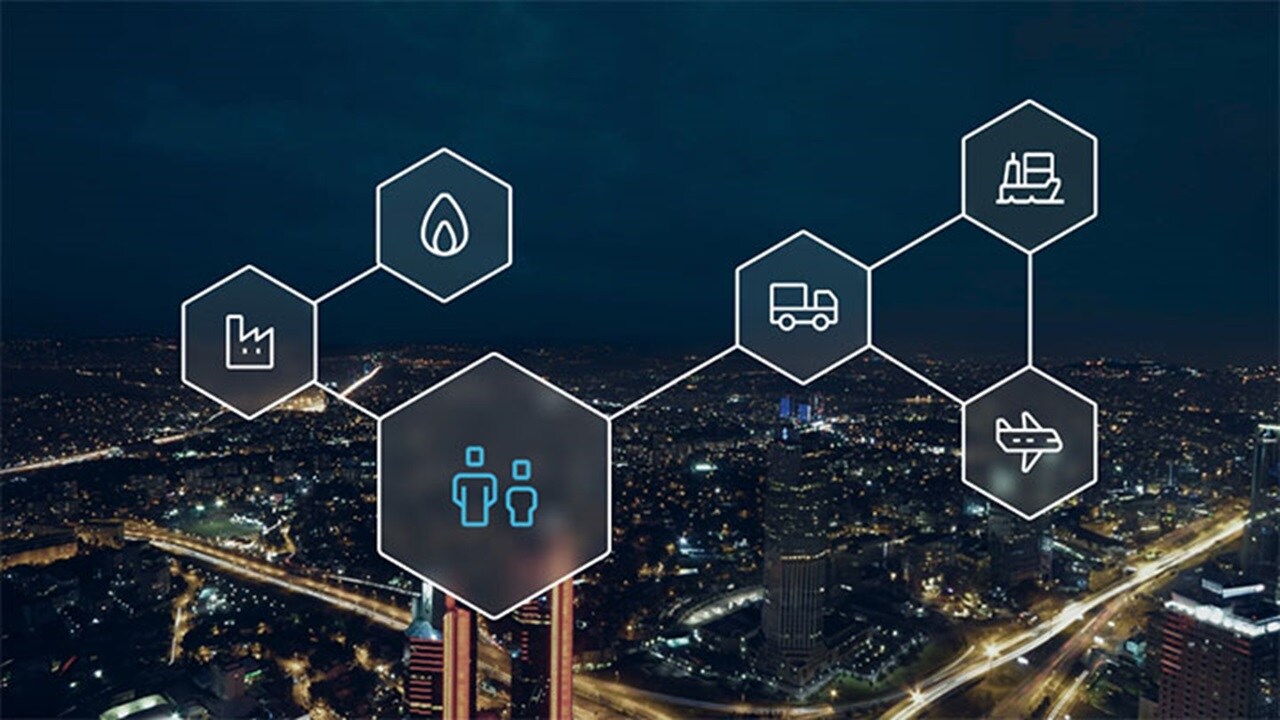
Why cutting greenhouse gas emissions is good for business
Some leading chemical companies have realised that investments in decarbonisation measures can actually generate savings. However, a recent survey of over 500 chemical companies, conducted by FT Longitude and Maersk, reveals that only 20% of these businesses are aware of the fiscal benefits of reducing greenhouse gas emissions. Our article reveals more facts.
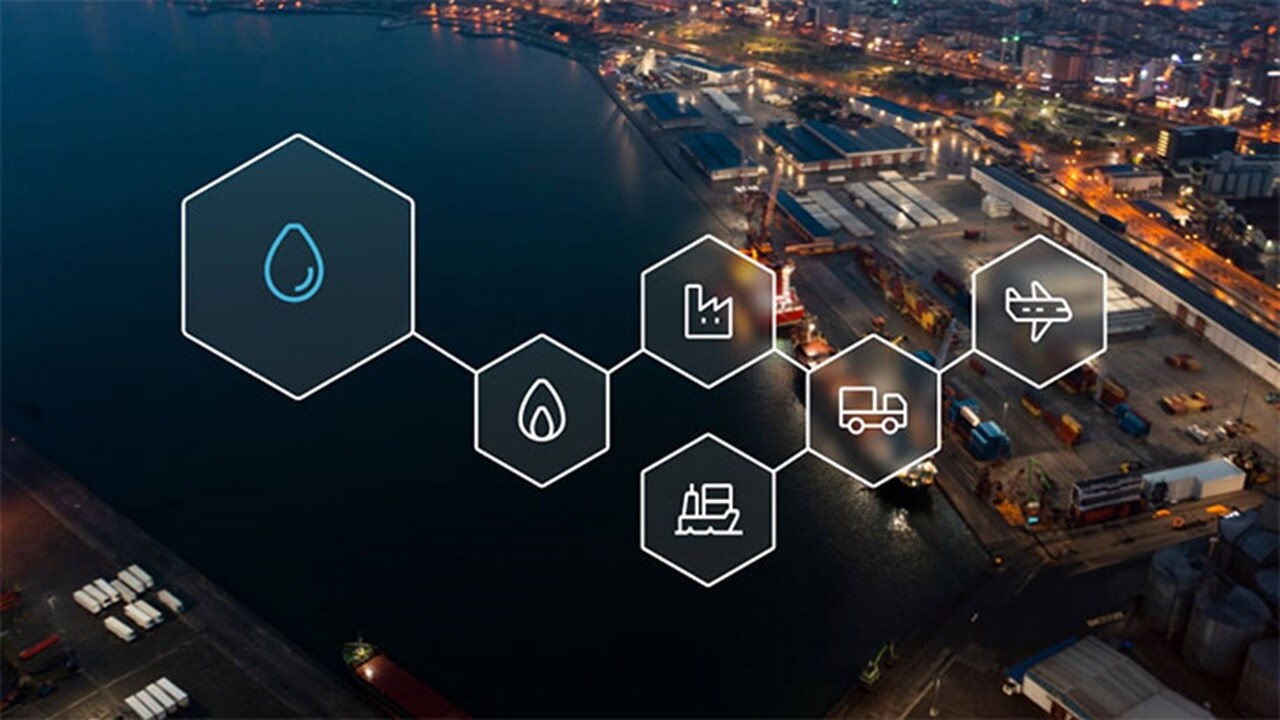
How to tackle supply chain GHG emissions in the chemical industry
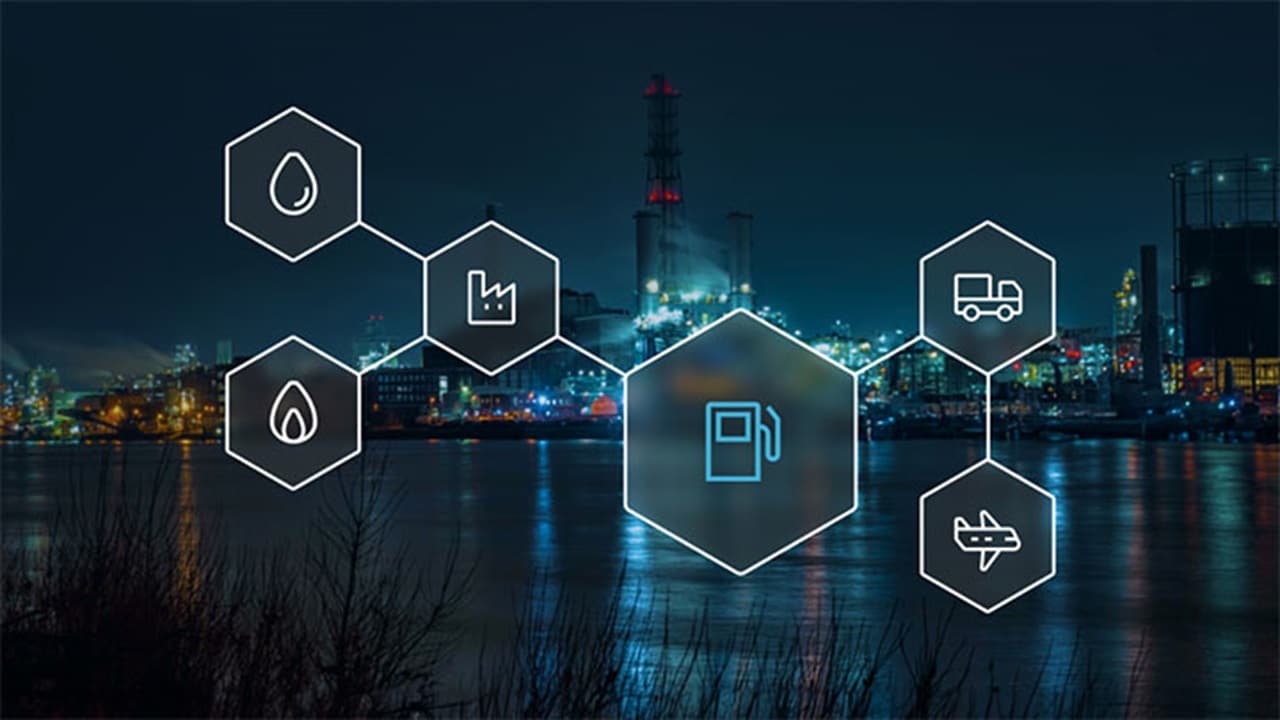
The key role of Maersk Lead Logistics with DG Assist in reducing landed costs in chemical supply chains

How Maersk Global Trade and Customs Consulting can help build cost-effective chemical supply chains

Build a chemical supply chain that can handle fluctuating demand with Maersk Flex Hub

Maersk champions a new technology era for predictive logistics in the Chemical industry

Navigating regulation and compliance in the chemical industry

¿Cómo impulsó Aramco su negocio con la solución 4PL de Maersk?
Saudi Aramco, la empresa petroquímica líder en el mundo, tiene sus cadenas de suministro distribuidas por todo el mundo. Aramco quería superar la complejidad para poder supervisar su logística sin problemas en toda su cadena de suministro con mayor control y visibilidad integral. Su asociación con Maersk y la implementación de nuestra solución 4PL les ayudó a optimizar la gestión del inventario en todas las ubicaciones, obtener información crítica del negocio para una toma de decisiones más rápida, lograr plazos de entrega más rápidos en sus mercados clave y realizar mejoras correctivas con una supervisión continua del rendimiento.

Preparación de tu negocio de productos químicos para el futuro
La pandemia ha tenido un efecto duradero en las cadenas de suministro petroquímicas. Para seguir adelante y superar la volatilidad de 2020, es importante analizar lo que hemos aprendido como industria del año y lo que tendremos que hacer en 2021 y en adelante.
En el seminario web "Future-proofing the Petrochemical Industry", nuestros expertos, Henning Malmgren, director de logística química en Oriente Medio, Henrik Wretensjoe, director de producto, líder de contratos marítimos, productos químicos, y Jeffrey Ivinski, director de producto global, Tradelens, analizan un informe técnico sobre las enseñanzas de la pandemia, los retos y las tendencias en 2021, y también exploran nuestra oferta de conocimiento del embarque electrónico que te ayudará a digitalizar tu negocio.
Ver el vídeo para obtener más información.
El impacto de la pandemia en las cadenas de suministro de productos químicos
La COVID-19 ha afectado a la industria química de formas inimaginables. Debido a los cierres fronterizos y las restricciones impuestas en diferentes partes del mundo, nuestros clientes han tenido que encontrar nuevas formas de mitigar los riesgos de las cadenas de suministro. Con una mayor colaboración, soluciones de inventario innovadoras y una organización global, han afrontado estos retos con decisión.
Hemos elaborado un informe en el que nuestros clientes del sector químico hablan del impacto de la pandemia en su logística y de cómo han afrontado los cambios. Descubre más mientras Henning Malmgren, director de productos químicos, Oriente Medio, Maersk, presenta algunos de los aspectos más destacados en el último VLOG de productos químicos.
Lessons from the pandemic that are influencing strategy in 2021
The Covid-19 pandemic has disrupted Chemicals supply chains in unexpected ways, highlighting new challenges for our customers. At the centre of every solution we provide are customer needs. That’s why we have quickly taken the first step towards understanding them, by interviewing them and learning about how they have been uniquely affected by this unwavering pandemic.
This whitepaper brings together the key themes from these interviews with added perspective from our regional colleagues, Chemicals team and market research. It uncovers the key areas of focus for Chemicals supply chains in 2021 including the need to accelerate digitalisation, as well as insight into how Maersk was able to adapt and keep customer businesses moving despite land border closures. We expect this white paper to act as a catalyst for conversations in the Chemicals industry that drive evolution in its best practices with respect to supply chain management and logistics services.

También puede estar interesado en
Alcance el máximo potencial permitiéndonos simplificar y conectar su cadena de suministro de extremo a extremo.
